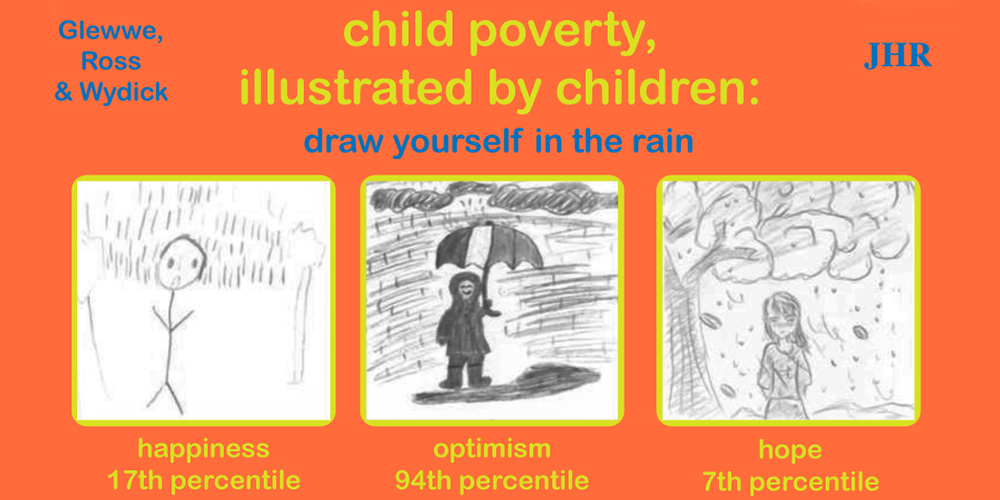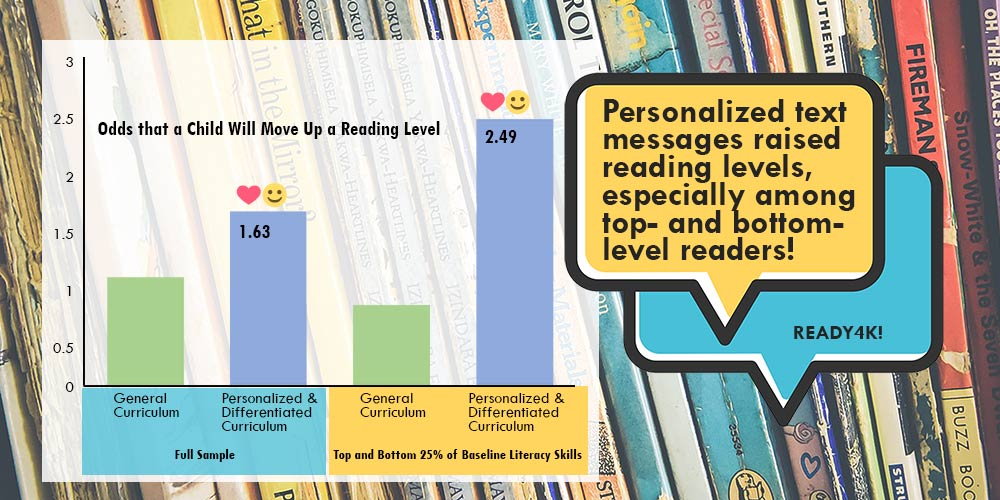Partial Schooling Subsidy Puts Kids into the Classroom—And to Work
Evidence suggests that government subsidies typically increase school attendance and at the same time decrease paid work by children. The intuition is simple enough—children who were not able to afford schooling can now go to school, and because there are only so many hours in the day, they also do less paid work. While such subsidies typically offset all schooling costs, Jacobus de Hoop, Jed Friedman, Eeshani Kandpal, and Furio Rosati asked whether a partial subsidy could increase schooling. They study the Pantawid program, which aims to improve children’s health and education in poor households (those with daily income less than US$2.15 per capita) in the Philippines.
Of particular concern are the poorest households. Eeshani Kandpal: “How do they make up the difference between schooling costs and the partial subsidy? Where does the additional income come from? The adults are likely already working full-time, so the children whose schooling is being incentivized may end up working a little to make up the shortfall. In other words, can a partial subsidy designed to increase schooling actually increase paid work by children?”
Using data from the randomized evaluation of Pantawid, the team found that children who were neither in school nor work before the program not only increased school attendance but also work-for-pay. This study provides two insights. First, incentivizing child schooling and discouraging child labor is not the straightforward process it has sometimes been viewed as. Second, partial schooling subsidies may be a less costly way of increasing schooling than a full subsidy, but may have the unintended consequence of also increasing child labor.
Read the full study in the Journal of Human Resources: “Child Schooling and Child Work in the Presence of a Partial Education Subsidy,” by Jacobus de Hoop, Jed Friedman, Eeshani Kandpal, and Furio C. Rosati.
***
Jacobus de Hoop (@jjdehoop) is a Social Policy Specialist at the UNICEF Office of Research–Innocenti in Florence. Jed Friedman (@friedman_jed) is a Senior Economist in the Development Research Group of the World Bank in Washington, DC. Eeshani Kandpal (@eeshani_kandpal) is an Economist in the Development Research Group of the World Bank in Washington, DC. Furio C. Rosati is a Professor of Economics at the University of Rome “Tor Vergata.”




